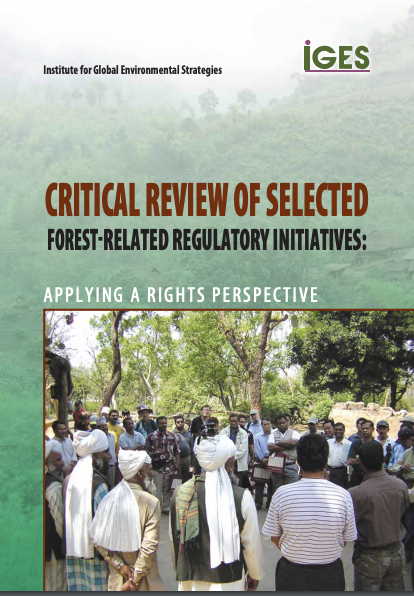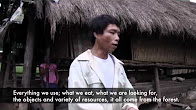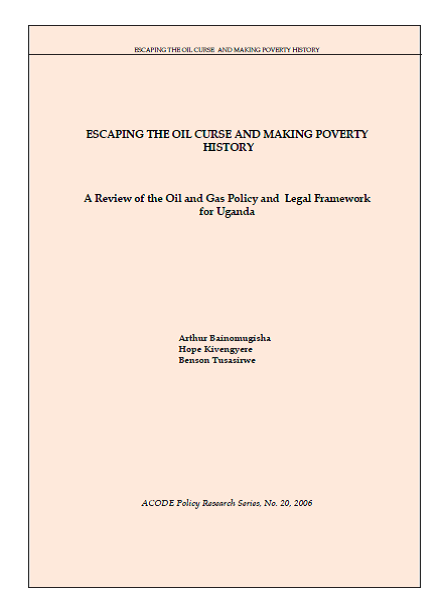The Rainforests of Cameroon :
Experience and Evidence from a Decade of Reform
In 1994, the Government of Cameroon
introduced an array of forest policy reforms, both
regulatory and market-based, to support a more organized,
transparent, and sustainable system for accessing and using
forest resources. This report describes how these reforms
played out in the rainforests of Cameroon. The intention is
to provide a brief account of a complex process and identify
what worked, what did not, and what can be improved. The





